The Universe Could Collapse At Any Moment! Maybe Tomorrow!

A collapse of the universe will happen if a bubble forms in the universe where the Higgs particle-associated Higgs-field will reach a different value than the rest of the universe. If this new value means lower energy, and if the bubble is large enough, the bubble will expand at the speed of light in all directions. All elementary particles inside the bubble will reach a mass that is much heavier than if they were outside the bubble, and thus they will pull each other into supermassive centers.
Isn't the title intriguing? It's particularly interesting how the human ego dominates conspiracy theories. It has something to do with the subconscious, but how? A friend of mine once said, "We're so selfish that even when we die, we want to take the whole world with us." I still don't know his real name. Anyway.
Much is said about the future of the universe, and many alternative endings are proposed. We read them all with curiosity. But what I'm going to write here is perhaps the most realistic and recent. Considering that the Higgs boson was discovered in 2013, and the scientific article I'll cite in the source was published just last year, in 2013, yes, that's exactly what I mean.
The Great Collapse
Let's get straight to the point. The collapse of the universe may be even closer than tomorrow, or it may be billions of years from now. According to observations made by physicists at the University of Southern Denmark, the universe will definitely collapse. Sooner or later, due to radical changes in the fundamental forces in the universe, everything from the smallest particle to planets, stars, and galaxies will one day become millions, even billions, of times heavier than it is today, and the universe will collapse in on itself, returning to the Big Bang. They call this major change a phase transition. It's much like water boiling to a gas, or a magnet losing its magnetism as it heats up.
This phase transition will occur when a bubble with a different value in the Higgs field interacts with the Higgs boson. If this value is lower in energy and the bubble is large enough, it will expand at the speed of light, slowly spreading from its current location (slowly, because the speed of light is actually very slow compared to the size of the universe) throughout the universe. Anything entering this bubble will be millions of times heavier than anything outside. Therefore, the universe will collapse in on itself, returning to the small, infinite density it had at the time of the Big Bang. It may even have begun somewhere in the universe and is growing. It may not have reached us yet, but it could at any moment. Perhaps it will reach us billions of years from now. Perhaps it hasn't yet, but it will form right here on Earth in the future. We can't know.
There's another theory about the universe collapsing in on itself: the Big Crunch. According to this theory, the universe's expansion is still a remnant of the Big Bang, and once the cause of this expansion is gone, the universe will collapse back in on itself. However, since we discovered that the universe is expanding faster and faster, we know this is a low probability. However, the phase transition theory is much more realistic. Why?
To understand the underlying predictions for this phase change, scientists used three equations. These are factors called beta functions, which influence the strength of the interaction between objects such as light particles, electrons, Higgs bosons, and quarks.
Unlike previous studies, which were normally conducted with a single equation, this time they used three equations together and obtained more realistic results, and it was understood that the phase transition, that is, the collapse of the universe in itself, is actually a very high probability, a much greater probability than previous observations.
Let me end my article here by giving a classic but actually important advice to help us appreciate life.
Source:
-
Sciencedaily – Collapse of the universe is closer than ever before
-
Oleg Antipin, Marc Gillioz, Jens Krog, Esben Mølgaard, Francesco Sannino. Standard model vacuum stability and Weyl consistency conditions. Journal of High Energy Physics, 2013; 2013 (8) DOI: 10.1007/JHEP08(2013)034


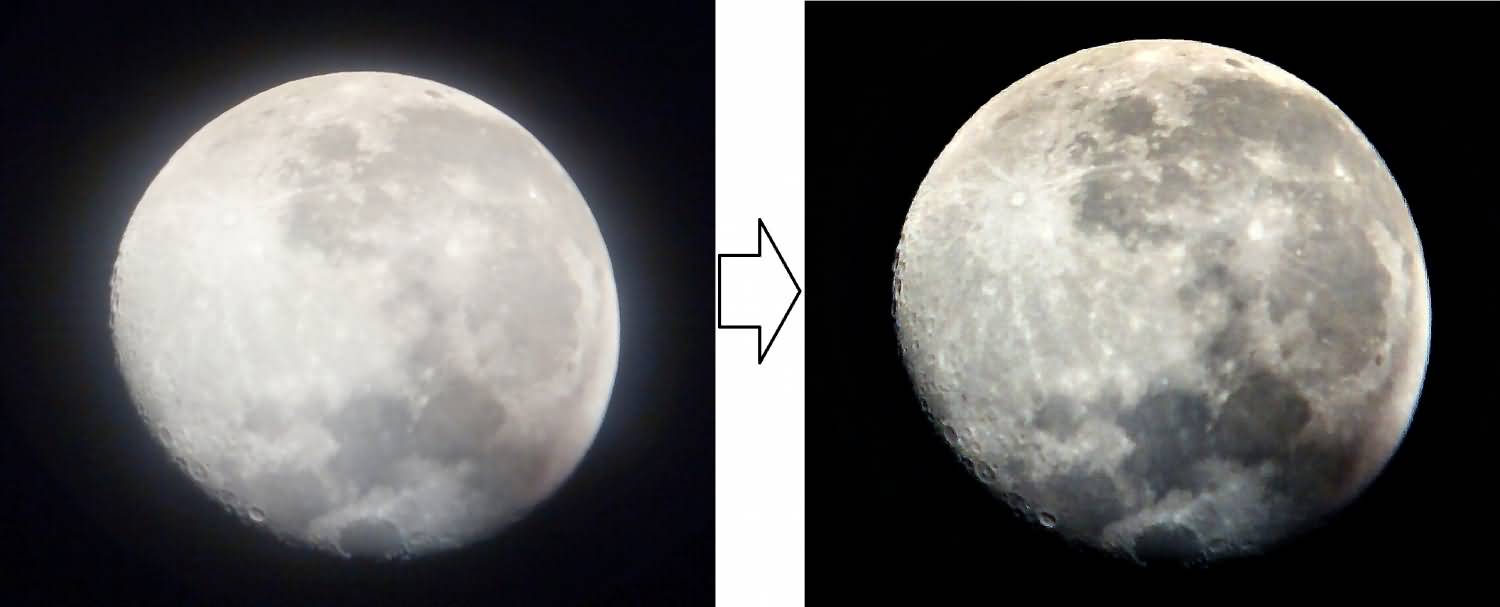
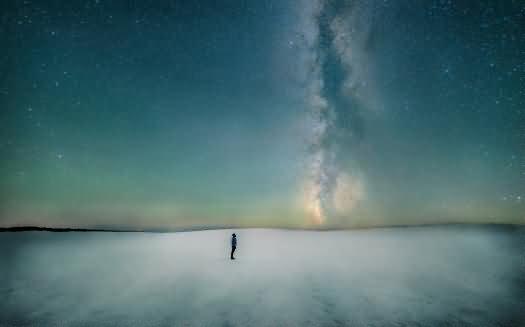

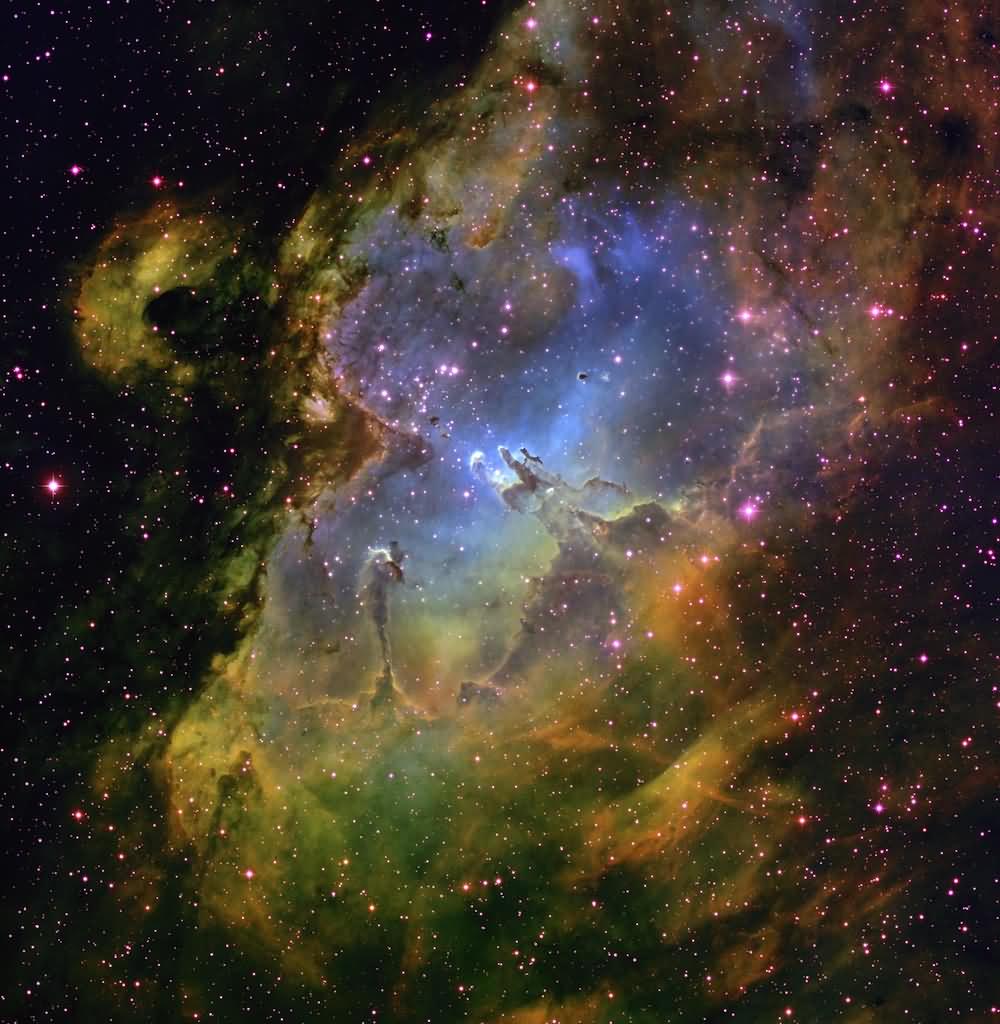
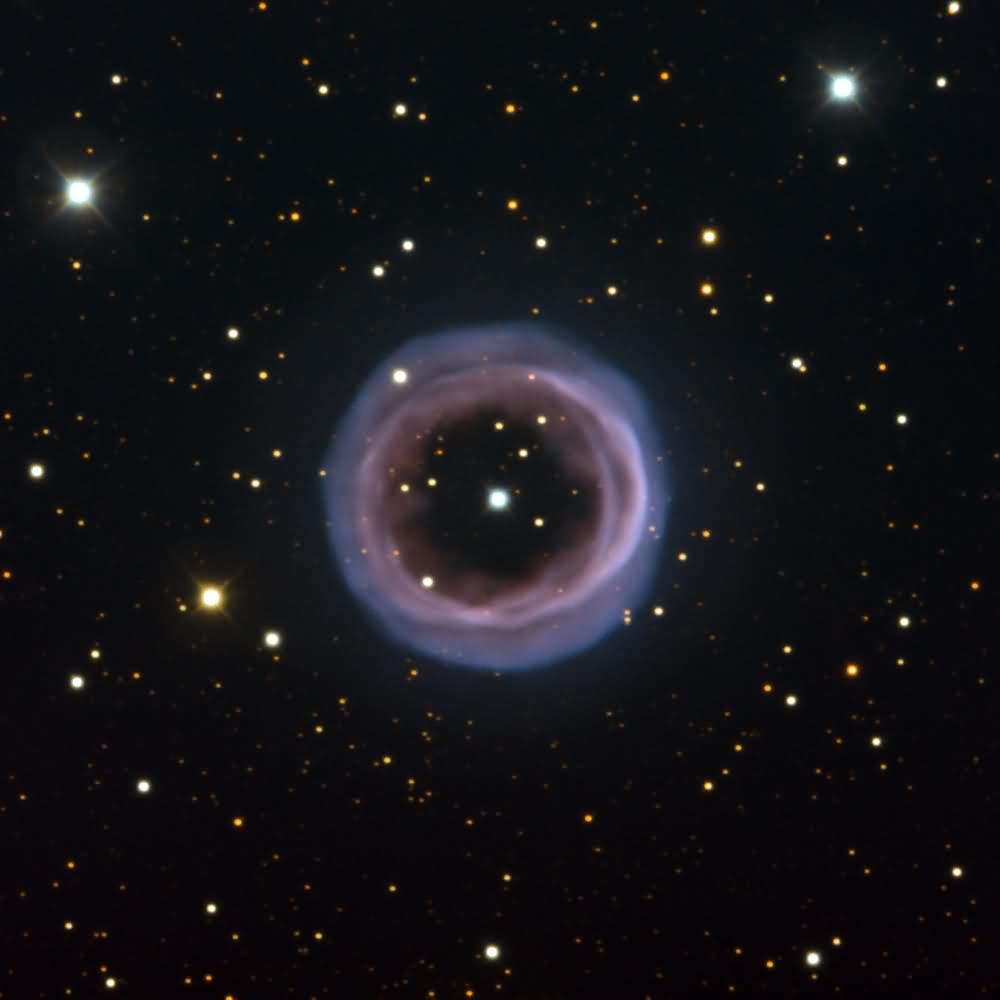


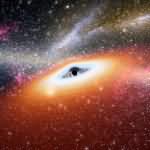
[…] I couldn't quite translate this model. Slurp means to drink while frothing and slurp. However, our model has nothing to do with that. Returning to our model, we can say that this is the newest and strangest of them all. First of all, I'm sure you've heard about the discovery of the Higgs boson in 2013. In fact, irrelevant people even attempted to discuss it on our channels!… This model, in short, states that if the Higgs boson is very heavy and our universe is nothing more than a bubble created by quantum fluctuations, our universe will be in a very unstable state, and even the slightest change in the Higgs boson's mass will increase the mass of everything in the bubble it created millions of times. The effect of this is that our universe will expand at the speed of light, and in fact, it is already growing.… Read more »